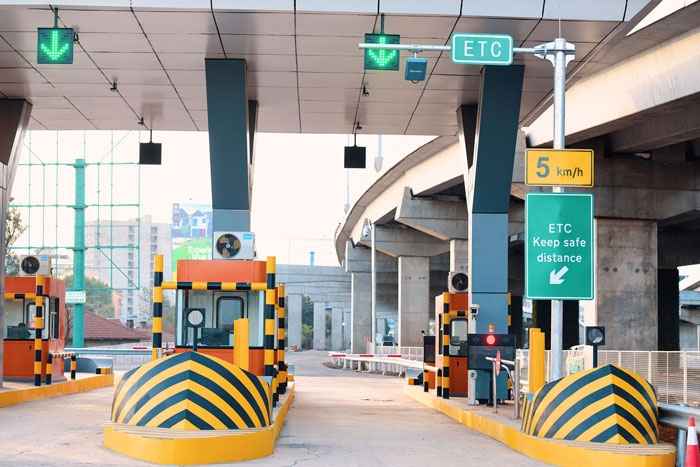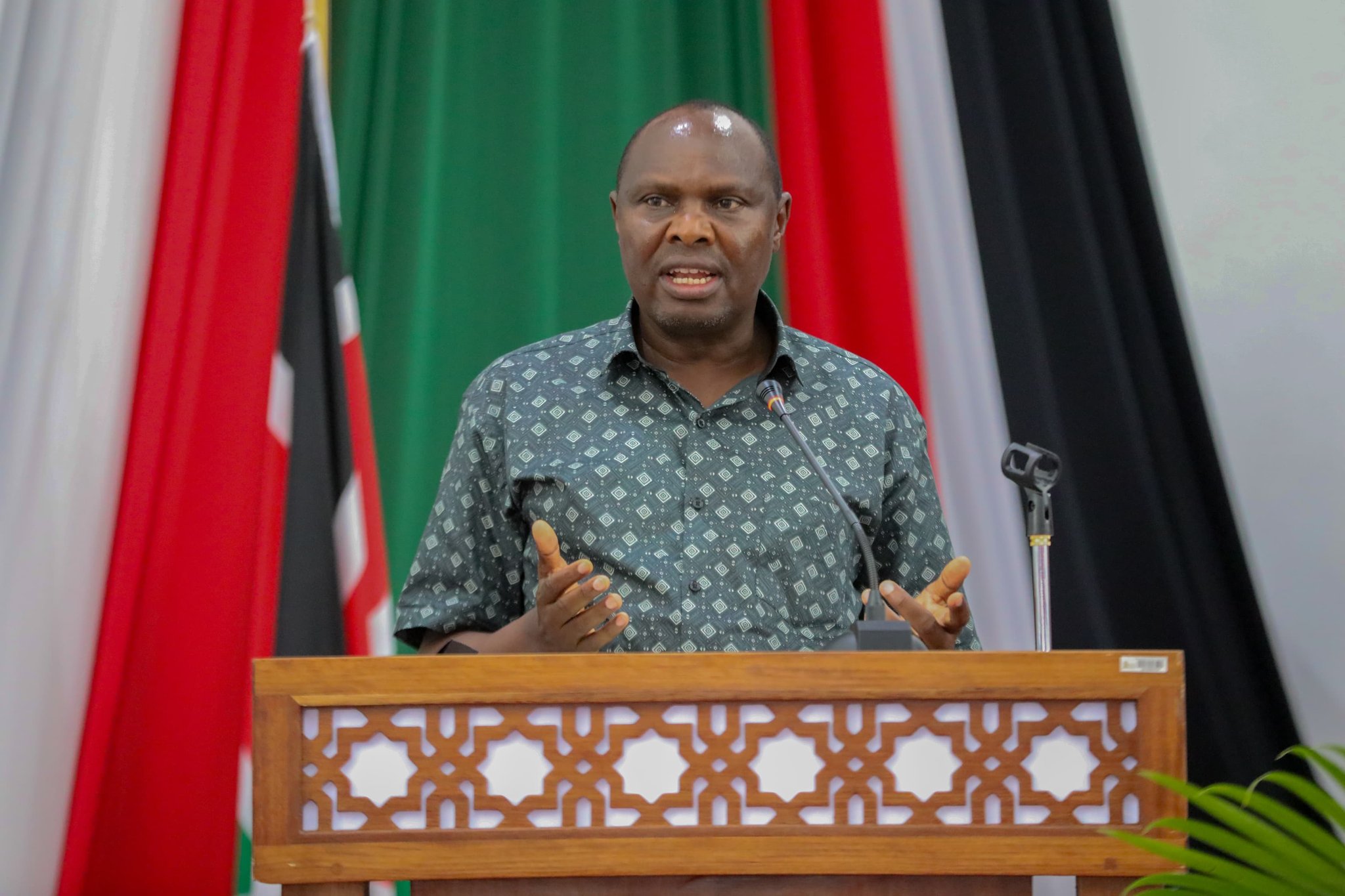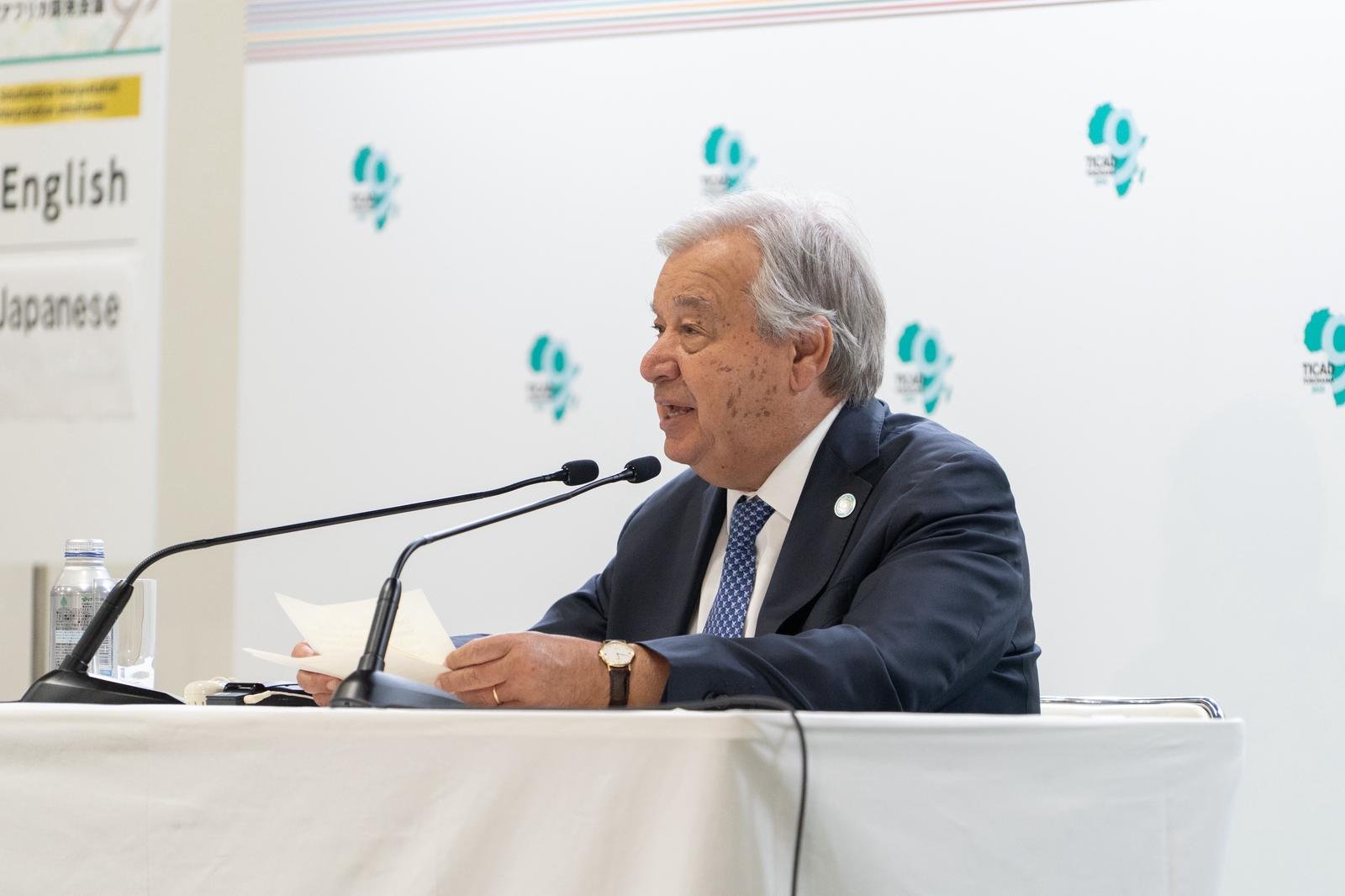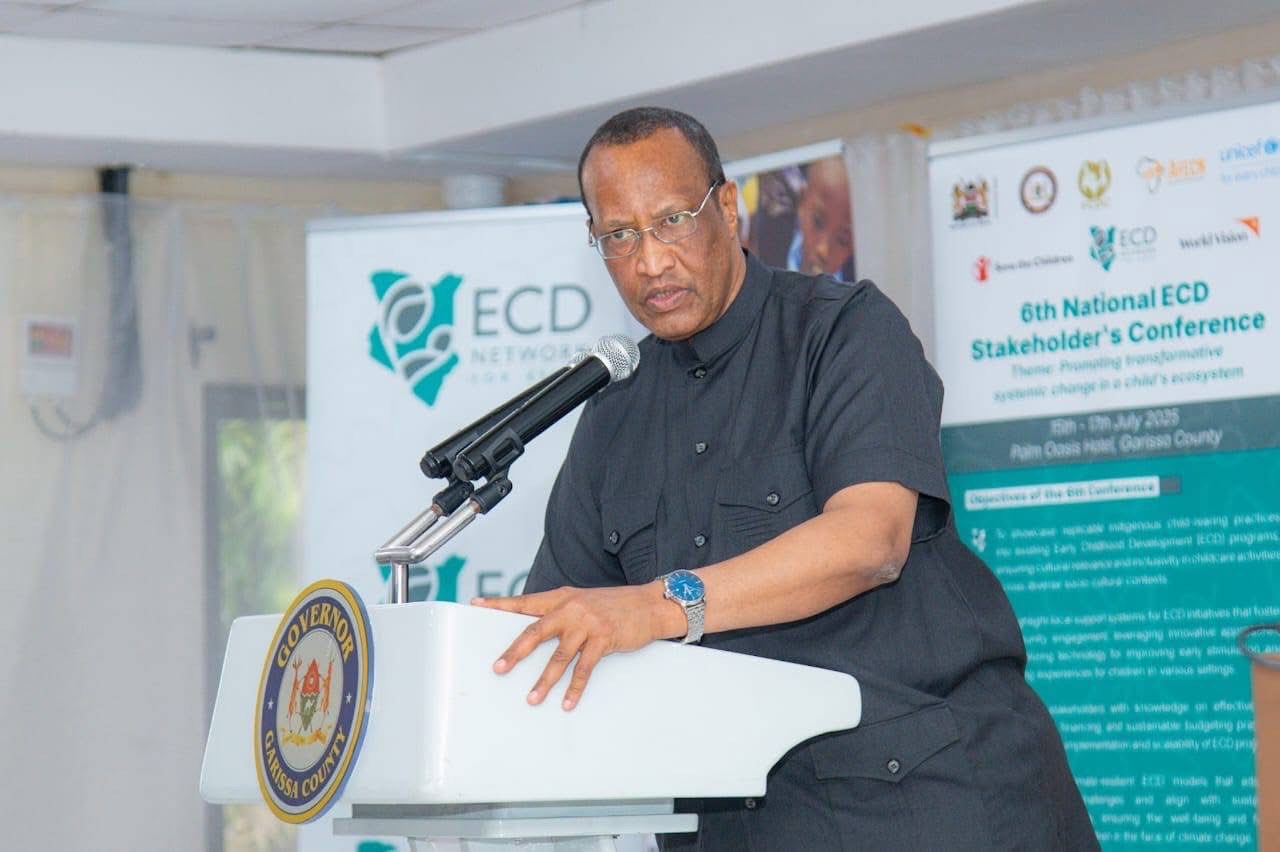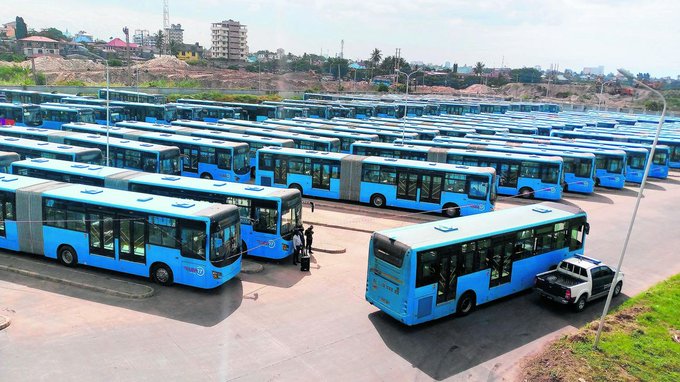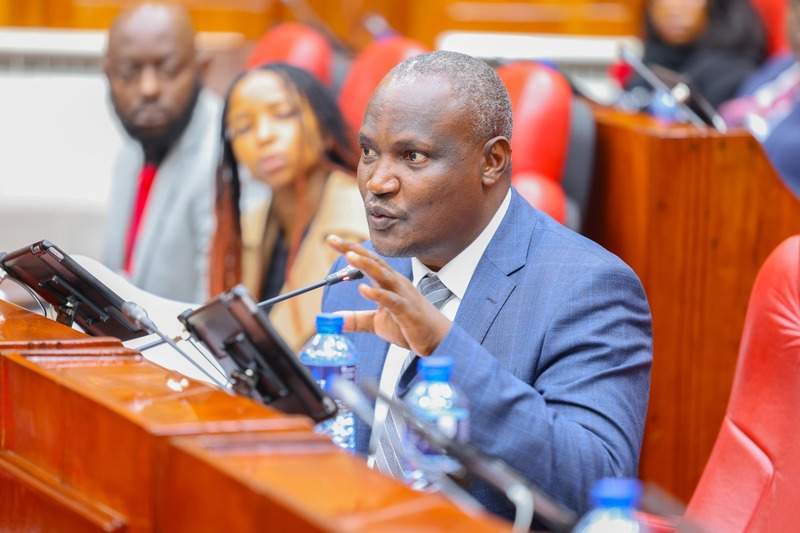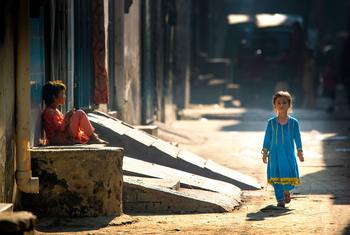Humanitarian intervention vital to tackling displacement crisis in Africa, senior UN official says
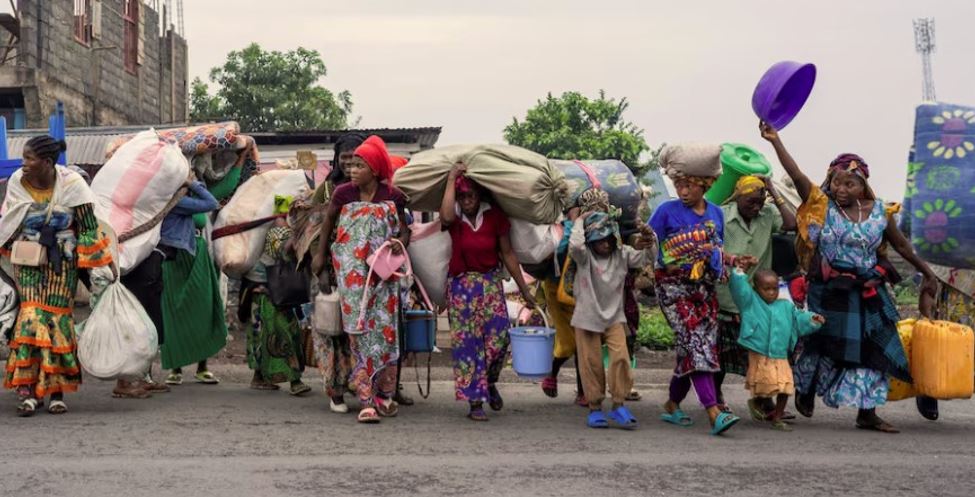
The UN system, in partnership with countries affected, needs to get ahead of the game, facilitating solutions for displaced persons while working to prevent displacement wherever possible, Mazou said, underscoring the importance of scaling up humanitarian support for those repatriated.
A senior United Nations official has stressed the urgent need for life-saving support for refugees and internally displaced persons, as the humanitarian crisis intensifies amid conflicts in the Central African Republic (CAR), Sudan, and the eastern Democratic Republic of the Congo (DRC).
Raouf Mazou, assistant high commissioner for operations at the United Nations High Commissioner for Refugees, told Xinhua in a recent interview that the conflict in the DRC has escalated, triggering a displacement crisis and spilling over into neighboring countries.
More To Read
- Sudan government relocates ministries from war-ravaged Khartoum to safer cities
- Grenade attack forces MSF to suspend life-saving services at Zalingei Hospital in Darfur
- M23 casts doubt on DRC peace efforts after skipping Qatar talks
- ADF rebels kill at least 52 civilians in eastern DRC
- Kenya clarifies nomination of Consul-General to Goma following pushback from DRC
- DRC rejects Kenya’s consul appointment to Goma, citing International law
"The conflict is indeed spreading, and we already have populations displaced several times over, while another 116,000 have fled to neighboring countries," Mazou said while visiting Bangui, the capital of CAR.
"Access to water, health, basic services, food, and others is a problem for these populations. What we are seeing is extremely significant suffering."
According to Mazou, the situation in CAR is improving, thanks to the efforts of conciliatory governments and international partners. "An important indicator of this improvement is the return of internally displaced persons. Last year, approximately 150,000 internally displaced persons returned home," he said.
The UN system, in partnership with countries affected, needs to get ahead of the game, facilitating solutions for displaced persons while working to prevent displacement wherever possible, Mazou said, underscoring the importance of scaling up humanitarian support for those repatriated.
"There have been some repatriations to Nigeria, Cameroon, and Burundi, but they remain limited," he said.
"The security situation can be improved in the return areas, but there are no more schools, no more health centers, no more government presence, no more access to water. So we must ensure that investments are made so that the conditions for people to be able to return are met. That's a challenge we're facing".
Mazou also pointed out that investment in agriculture, small businesses, and all activities that would allow refugees to become self-sufficient is critical in addressing the humanitarian crisis in conflict zones.
"For example, in the north of the CAR, Sudanese refugees were given 60 hectares of land to cultivate. We have the means to help them cultivate 10 hectares, and 50 hectares given by the authorities are there, but we don't necessarily have the means to ensure that these 50 hectares can be cultivated," Mazou said.
"If, in addition to that, targeted and strategic investments are made, then we can help the regions, and often it's the rural areas, not urban areas, where this type of investment impacts development for local populations due to the presence of refugees," he said.
Without effective, coordinated action to help displaced persons realize lives beyond displacement, Mazou warned there is a risk of reverting to humanitarian dependence, leaving millions in displacement without clear pathways out, and ultimately elevating the risk of greater cross-border displacement.
Top Stories Today

